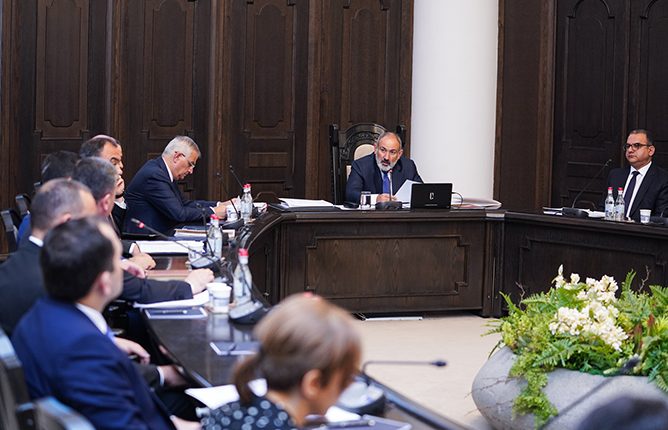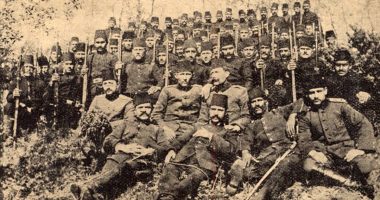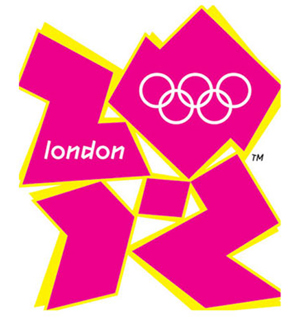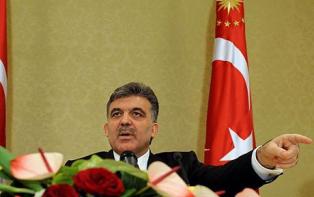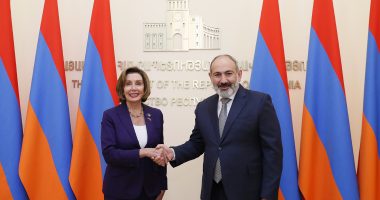YEREVAN — The fact of the closure of the Lachin Corridor was highlighted at the highest international instance, Armenian Prime Minister Nikol Pashinyan said on Thursday, summarizing the discussion on the humanitarian situation in Nagorno-Karabakh held at the UN Security Council in New York the previous day.
Speaking at a weekly cabinet session, Pashinyan said: “Of course, it may seem strange to the Armenian public that I am stating this as a result of the discussion at the UN Security Council, but we must not forget that Azerbaijan constantly and continuously insists that the Lachin Corridor is not closed.”
The Armenian premier said that the discussion at the UN Security Council also confirmed the existence of a humanitarian crisis in Nagorno-Karabakh and “the fact that the lives and safety of 120,000 people of Nagorno-Karabakh are in question.”
“Thirdly, it was emphasized that the decision of the International Court of Justice on ensuring uninterrupted movement of people, vehicles and cargo through the Lachin Corridor in both directions has not been implemented by Azerbaijan,” Pashinyan said.
“Now we can state that the truth about the illegal blocking of the Lachin Corridor and the resulting humanitarian crisis in Nagorno-Karabakh has been spoken about at the highest international instance. Also, the international community has made a collective appeal to Azerbaijan to eliminate the illegal blocking of the Lachin Corridor,” the Armenian leader concluded.
Pashinyan reiterated that the best way out of the situation is the establishment of Stepanakert-Baku dialog and reiterated his commitment to the peace agenda.
During the UN Security Council meeting on August 16, U.S. Ambassador to the UN Linda Thomas-Greenfield, who presided over the meeting, urged the government of Azerbaijan to restore free movement through the Lachin Corridor “so that commercial, humanitarian, and private vehicles can reach the population of Nagorno-Karabakh.”
“We also note the possibility of compromise on additional routes for humanitarian supplies,” she said.
Edem Wosornu, Director of OCHA’s Operations and Advocacy Division, told the Security Council that the delivery of humanitarian relief to Nagorno-Karabakh by the International Committee of the Red Cross (ICRC) must be allowed to resume through any available routes.
Wosornu said the ICRC is doing everything it can but can only cover the most urgent needs.
“Other impartial humanitarian relief must also be allowed to reach civilians who need it, and a sustainable solution for safe and regular transit of people and goods must be found,” Wosornu said.

